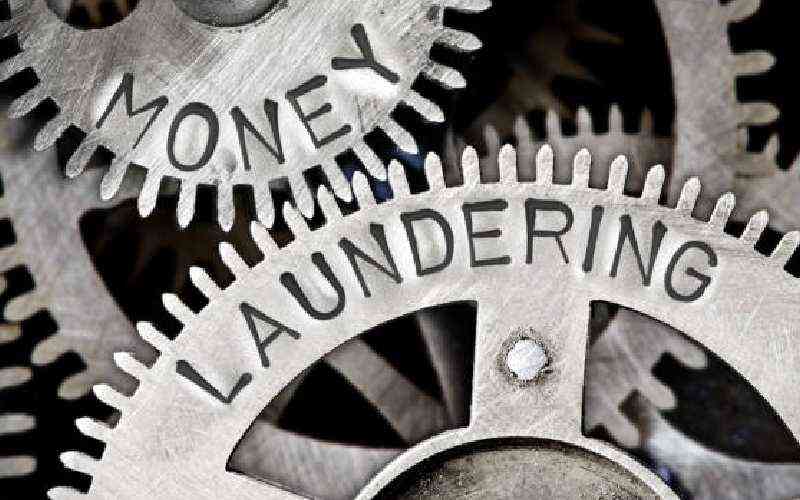×
The Standard e-Paper
Kenya’s Boldest Voice

The story of four Nigerian-based companies accused of fraud and money laundering has the hallmarks of what American poet Robert Frost described as "assorted characters of death and blight."
At the heart of this tale are two serial technology entrepreneurs from Nigeria - a land infamous for all kinds of financial trickeries - whose companies are moving billions of shillings into and out of the country.